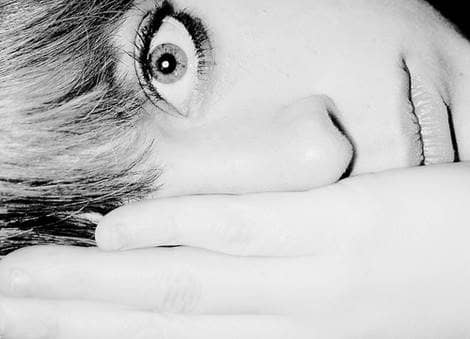
Sleep is a mysterious bodily process that is absolutely essential to good health. Children with poor sleep habits are more prone to attention deficit disorders and their grades suffer at school. Children with severe sleep problems may not achieve their normal adult height! When you establish good sleep habits in your children, you give them a gift that will enhance their long-term health. In their twenties, people often take pride in getting by with 4-5 hours of sleep. Chronic sleep deprivation leads to worsening of any medical condition.
If you develop chronic insomnia, it may be an indication of an underlying medical problem. Don’t reach for a sleeping pill, especially prescription sleeping pills that can be addictive. We should not have to rely on a drug to make us sleep!
For occasional insomnia, here are some good tips for promoting good sleep. The body likes a regular schedule. Sleeping from 10 pm to 6 am seems to be the perfect times for the most restful sleep. Aim for that schedule when possible. Sleep in a cool room and set the thermostat at 65 degrees. Because darkness stimulates natural melatonin production, use a sleep mask if necessary. Avoid spicy food or caffeine in the evening and finish eating three hours before bedtime. Heavy intake of alcohol or sugar can cause restless sleep. Start winding down in the evening. Don’t engage in heavy exercise late at night. Don’t watch the 10 o’clock news or read grisly books that cause mental overstimulation.
Individuals who consistently get fewer than seven to eight hours at night are usually sleep deprived. People who require MORE than eight hours of sleep usually have a sleep disorder. They require more sleep because they are having poor quality sleep. People do not have less need for sleep with aging. It’s just that sleep problems are so common in older individuals. It’s important to rule out sleep apnea, a disorder where oxygen levels fall during the night Sleep Apnea is associated with a marked increase in heart disease and other serious diseases.
I recall a patient, Bonnie, who had always enjoyed good sleep. She would lay her head on her pillow, instantly fall asleep and wake up refreshed the next morning. When her periods became irregular in her mid-forties, she began waking up at 2 am wide and couldn’t get back to sleep. She would toss and turn and be exhausted the next day. When she came in to see me, she was on maximum doses of prescription sleep medicines and still not sleeping well! I diagnosed her with a progesterone deficiency and progesterone treatment resolved her insomnia and her need for prescription sleeping pills!
Insomnia is also a common problem in menopause when estrogen levels become deficient. Insomnia can occur in both women and men who develop disorders in thyroid hormone, cortisol, testosterone and growth hormone. If you develop chronic insomnia, before getting hooked on chronic prescription sleeping pills, see an endocrinologist who specializes in treating hormone disorders.
www.facebook.com/DrMarinaJohnson
www.twitter.com/#!/DrMarinaJohnson

